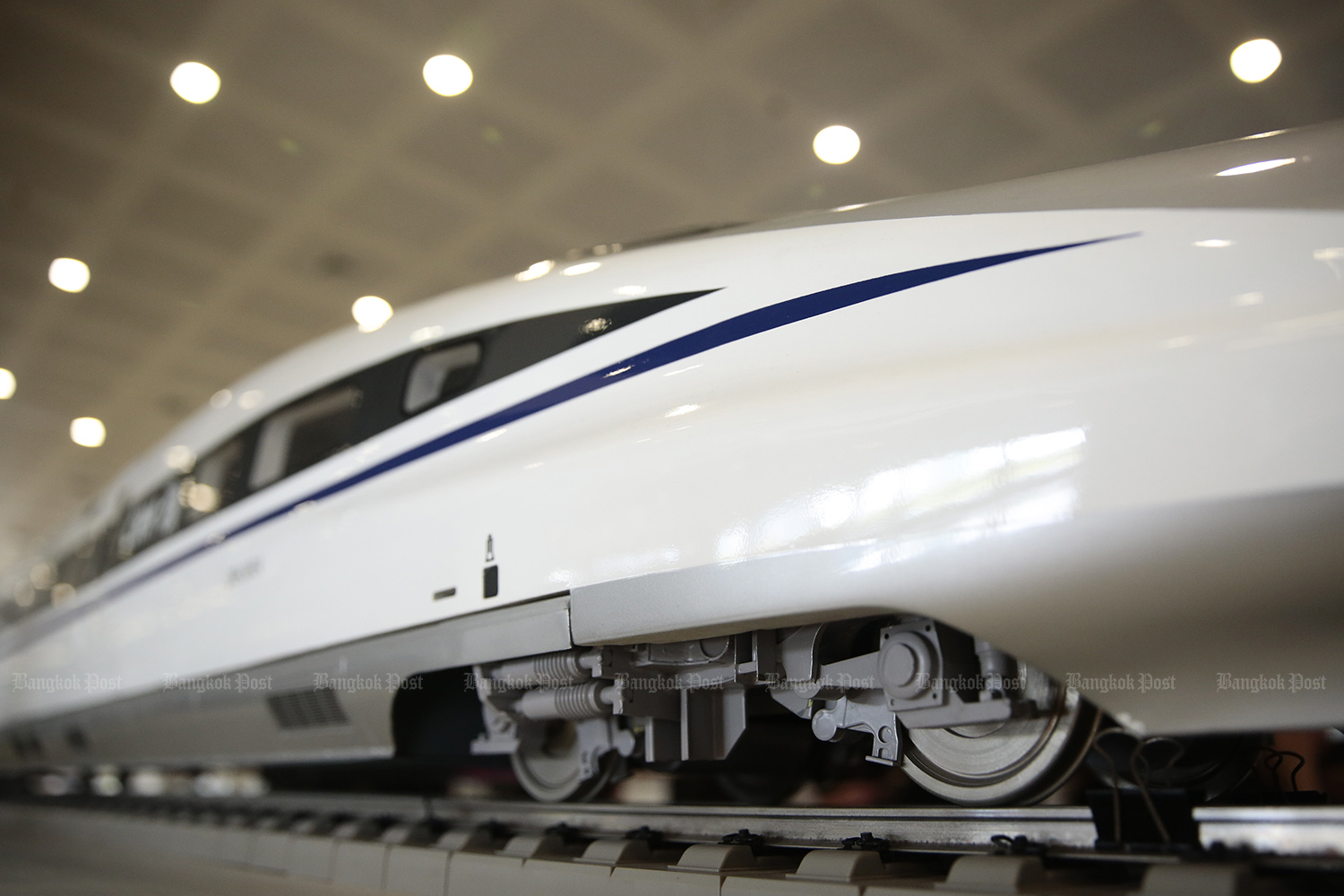The ongoing political turmoil has affected the construction sector, given that the government’s planned massive spending on new state mega-projects will now be further delayed.
Construction Institute of Thailand director Chakporn Oonjitt said state spending – especially on new transportation routes – contributed 50 per cent to the construction industry per year.
The political chaos has caused a further delay of the government’s plans to spend massively on its mega-projects, such as the Bt350-billion water-management scheme and the Bt2-trillion transportation project development scheme.
Regular state spending has also been put off, given that the signing of the projects, budget spending and the opening of bidding documents have all been delayed.
Chakporn is concerned that the delay of the government projects will cause the private sector to slow down its investment accordingly.
He said it was too early to predict the growth of the construction industry this year, pending the announcement of economic data for the fourth quarter of last year by the National Economic and Social Development Board.
According to his preliminary estimate, by excluding the political factor and the state mega-projects, the sector will expand by between 7 and 8 per cent, driven by the recovering global economy, which will benefit the Thai economy.
The sector last year is expected to have expanded by between 5 and 6 per cent, short of the target of 8-8.5 per cent forecast early in the year. The industry’s value last year is now estimated at Bt900 billion, versus the target of Bt1 trillion.
Meanwhile, Ratanachai Namwong, deputy governor, Power Plant Development, of the Electricity Generating Authority of Thailand, said Egat would propose to Energy Minister Pongsak Ruktapongpisal that he ask the Election Commission to allow the caretaker Cabinet to approve its plan to build a power plant to replace the combined units 4 to 7 of the Mae Moh plant, which are due to be retired in 2018.
The project is urgently required to ensure the country’s energy security, he said. The new Bt28-billion plant would have a capacity of 600 megawatts.
Ratanachai said any delay to the new plant’s construction was likely to entail the need for a project review, which would mean the new facility would fail to supply power to the system in 2018 – and this could affect the power system in the North. He added that Egat had devised a back-up plan to deal with this scenario by extending the life span of Mae Moh units 4 to 7 for a certain period.
The plant’s units 8 and 9 will be retired in 2022 and 2023, respectively.
Source: http://www.nationmultimedia.com/business/Delay-to-mega-projects-hits-construction-30224585.html

